If your marketing messages aren’t reaching people, they aren’t working. Here’s how to ensure your messages on social media are getting where the people are.
In vast areas with little rainfall, like much of Africa, it’s amazing what happens when you put a little water out there. Water brings animals of all kinds together.
(Here’s a cool live camera feed of a watering hole in Africa.)
It’s a part of nature — certainly a part of human nature — to gather around watering holes.
Higher education marketing is an art and science that centers around people. For your marketing to work, your messages have to reach people.
Social media platforms are the modern watering holes where your target audiences are hanging out. You can leverage this behaviour to maximise your digital marketing results by identifying the watering holes where your audience tends to be.
Below, I’m going to share with you the main audiences attracted to each social media platform … but first a word on the dynamic quality of this insider info.
The segments and audiences that use social media platforms change over time. For example, the main demographic using Facebook has changed drastically since it’s inception in 2004.
At first, Facebook was a networking website for Harvard University students. Then, they expanded to include other Ivy League schools (the domain .edu at the end of email addresses was required).
In 2006, Facebook opened up to everyone over 13 with a valid email address. The demographics changed overnight as new users poured in from every walk of life.
Just a few years later, mums, dads, and grandparents started joining Facebook, which caused an exodus of young people to newer social media platforms at the time like Twitter and Instagram.
Today, younger audiences are moving to the bleeding edge platforms while older audiences continue to gather in established platforms.
This summary history of Facebook is a perfect case study to see how platform audiences and user demographics change over time — so be sure to keep your ear to the ground to track where the user demographics are going.
But until things change, here’s the demographic makeup of the social media watering holes today:
Facebook: alumni, parents, donors, and adult students
As discussed above, Facebook is the established social media platform that’s here to stay.
It’s enduring reign as king of social media has given it a sure place in the daily use of mums, dads, and grandparents everywhere. It’s user interface and “rules” pretty much stay the same, so an older demographic can get up to speed fairly quickly and not feel too uncomfortable.
If you do nothing else on social media, you MUST follow and communicate with your alumni, parents, and donors on Facebook. It’s a given.
Instagram: current students, prospective students
Instagram’s been around since 2010, and it’s still a popular site for older teens and 20 somethings with no sign of failing in the near future.
The strength of Instagram is its visually-oriented nature. It allows users to upload pictures and videos, apply digital filters to their media, and even mark them with geotags.
Leverage Instagram to tell stunning stories of your students, programs, campus, buildings, statues, landmarks, and events through photography and video.
This will capture the imagination of your primary marketing audience, prospective students, so it might just be the most important tool in your social media marketing toolbox.
Pinterest: female-based, mums
Mums remain the number one influencer of student college decisions — so if there were a marketing channel that touches them directly, it’d be silly to ignore it.
That social media platform is Pinterest.
Like Instagram, Pinterest is visual, but it limits text even more than Instagram does.
Where Instagram is like a photo blog allowing users to make comments on what they’re sharing, Pinterest is like a public photo collage where users pin up pictures of things they like (or dislike).
Other users can pin photos on their wall that they see on other user’s Pinterest boards, making it a highly shareable platform.
In the same way you use Instagram to capture your prospective students’ imagination, use Pinterest to capture Mum’s interest (pun intended).
Show her the value of your college or university with pictures, infographics, and visual quotes from your campus, professors, and students. But more importantly, answer the biggest questions on her mind…
- How do you handle safety?
- What is campus life for my child like?
- Will my child be ok?
YouTube: prospective students
YouTube allows users to upload videos on just about any topic and subscribe to each other’s channels.
Acquired by Google in 2006 for $1.65 billion, YouTube is the second most popular search engine on the planet.
It’s almost a sure thing that when a prospective student looks for colleges, they will go to YouTube.
Use this video-based platform to show prospective students what it’s like being a student on your campus. Let them see the stories of your students and alumni. Answer their questions in a creative movie format.
Snapchat: current students/prospective (but… it’s dying.)
Snapchat was all the rage for the demographic that would make up your prospective students… until recently.
Facebook and Instagram have both cloned features that used to set SnapChat apart, pulling more young people to their services and away from SnapChat.
If you’re already using SnapChat, use it to engage and attract prospective students — but if you haven’t joined the yellow ghost yet, don’t bother unless Snapchat makes a miraculous comeback.
LinkedIn: alumni, parents, donors, adult students
The professional appeal of LinkedIn would make you think a college or university marketer has no business being there — but that would be wrong.
LinkedIn is the perfect place to connect with alumni, donors, and parents because they are professionals!
Here are the main features that colleges and universities should leverage with LinkedIn:
Online resume-style profiles that feature users’ educational background. Search for alumni with its advanced search tools.
LinkedIn groups. These groups allow you to introduce topics of discussion that interest professionals, present new content from your school, and answer questions. This is the perfect place to influence current adult prospects who need education to advance. Think nursing groups for your RN to BSN programs and business groups for your MBA degrees.
Introductions. Use LinkedIn’s referral feature to introduce users in your network to other people you know would be beneficial to them.
Twitter: general
Twitter’s user volume is slipping a bit. But it’s still a great place to reach all of your audiences — especially the often neglected audience, the general public.
This news-oriented channel is great for making those general announcements or PR statements that you should use sparingly on other social media networks.
It’s also perfect for generating interest during live events, as your team can tweet photos and comments in real time during the event.
But the best strategic advantage you get with Twitter is that it’s the fastest way to be discovered on any social network through the power of hashtags.
Spotify, Musical.ly: prospective students
The latest thing: Music-oriented social networks like Spotify and Musical.ly (now TikTok). This is the bleeding edge of social media — which means your younger audiences will be using them.
Spotify’s been around since 2008, so it’s not really the new kid on the block, but it’s only been allowed in the United States since 2011, and its popularity here began to take off.
The 140 million monthly users on Spotify can create and share playlists of their favourite music, thereby expressing themselves through the music they care about.
Musical.ly took this idea and merged it with video. Users can create 15 second to 1 minute music videos using their favourite artists or songs.
Capture your school’s ethos through music. Create playlists and music videos that reflect your brand, your culture, and your campus
But beware!
These social media networks (and others like them) are still growing, so use caution in devoting time and resources into them.
They may be a fad that disappears tomorrow or stays around for a while. No way to know for sure.
But if you’re adventurous and have a staff who’s got the talent and desire for these emerging platforms, go for it.
Marketing 101: take your message where your people are.
Find the watering holes where your audiences hang out. Craft the message in a way that answers their questions in the format they prefer.
These are the very basics of good marketing, and they apply especially to social media.







